New report highlights future living trends in eco-focussed developments
A new report issued this week, the 2024 Africa Wealth Report, published by international wealth advisory firm Henley & Partners has reinforced the opportunity for investors at Vipingo Ridge. In the report within the Insights into Africa’s Wealthiest Cities key ‘top performers of the future’ are identified:
“Over the next decade (to 2033), we expect Cape Town, the Whale Coast, Kigali, Windhoek, Swakopmund, Nairobi, Tangier, and Marrakech to lead the pack, with 85%+ millionaire growth projected in each. We also expect Lusaka and Mombasa to attract rising numbers of high-net-worth residents.
Mombasa is Kenya’s main coastal city. There are several eco-estates on the outskirts of the city that are attracting HNWIs, including the well-known Vipingo Ridge.”
From the 2024 Africa Wealth Report
Eco-estates of the Future
A recent report by New Wealth in collaboration with South African Zimbali Estate explored the trend in developments focused on ecological actions and values.
Vipingo Ridge is presented in the report as an example of a ‘Wildlife Estate’. These are described as developments that “offer the opportunity to own private homes within the untamed beauty of the bush”.
Untamed Beauty of the Bush
Certainly Vipingo Ridge has an ‘untamed beauty’. Parts of the wider estate are Kenyan coastal forest, dense and diverse habitats that support a number of native plant and trees, and have protected local bush pig, dyka and dik dik, as well as rare sightings of bush buck. These animals had been hunted for bush meat until the introduction of the estate and populations are now recovering.
Access to the area designated as a Wildlife Sanctuary is limited to members. We also allow guests to visit these areas with a Ranger to see the wonder of the bird life and other species, often monitor lizards can be seen basking on the trails. This area also includes a dam created to support the estate and the local community.
The report also details some of the principles and behaviours that developments like Vipingo Ridge follow. Let us explore these topics in more detail.
‘Protect river systems’
The dam is a carefully managed waterway, introduced in collaboration with the local community.
This enables a sustainable irrigation plan for the golf course and consistent water for the local villages. Water is a resource that can become increasingly scarce outside of the rainy seasons and is treated with respect. Vipingo Ridge also has an extensive open drain network for rain water capture and in recent years built a reservoir to increase storage capacity of this essential natural resource.
The beauty of the dam is an attraction but is also an essential practical element of managing an eco-estate.
2. ‘Favour indigenous plants and trees’
Alongside the coastal forest habitats, Vipingo Ridge is a PGA golf course, called the PGA Baobab Course in honour of the iconic Kenyan tree and the efforts of planting over 50 Baobabs in the golf course scheme. The development is also maintained in a natural way with towering native trees providing shade and habitat, indigenous plants creating sweeping landscaped schemes through gardens and parkland. However twenty years ago this was a different story as much of the estate was a sisal farm.
This use of the land created rows of identical plants, leading to a monoculture and very limited habitat. Our journey to rewild the sisal estate is well documented. Read our summary of the Wildlife Sanctuary steps since conception and our latest tree planting efforts.
3. ‘Advocate for sustainable practices’
Alongside the rainwater capture and storage solutions, Vipingo Ridge also has a solar farm, complimenting the power infrastructure of the estate. Individual homes are encouraged to adopt localised sustainable solutions, from solar to designs that reduce power requirements.
Waste management is supported by a green partner, and all of the garden cuttings and landscaping waste materials are included in the estate composting program, supporting the organic growing of native seedlings in the plant nursery.
There are always more innovations in sustainability, and Vipingo Ridge continues to be progressive in the approach to sustainable practices in the estate management, golf course and wider sanctuary. Working closely with the community for proactive recycling, including beach clear ups. In addition, helping to educate the next generation, the community and our partners about conservation, are also key parts of our corporate social responsibility program.
Vipingo Ridge Chief Executive Alex Horsey comments:
“We are passionate about creating a sanctuary for both wildlife and our clients. Vipingo Ridge has been on this path for almost two decades and we are really seeing a surge demand for the security, privacy and natural setting we nurture.
From Homeowners investing in the development, choosing to raise families and join a community with an outdoor lifestyle, to the tourists visiting to experience the natural wonders of Kenya and Vipingo Ridge, the path we are on is increasing in popularity.
We are also welcoming an increase in the businesses and partners choosing us as a conference or team retreat. We know that our focus on native trees, creating habitats for wildlife and sustainable practices and a big draw, underpinning a unique and memorable experience.”
In this report Wealth intelligence firm New World Wealth estimates that by 2050 over 50% of the world’s centi-millionaire population will either live in, or own second homes on eco-estates according to the summary on Zimbili Estate.
Vipingo Ridge has plots available to purchase now, each listed online with details of the size, elevation and building opportunities on the land. Already half way through the planned development, there is limited availability.

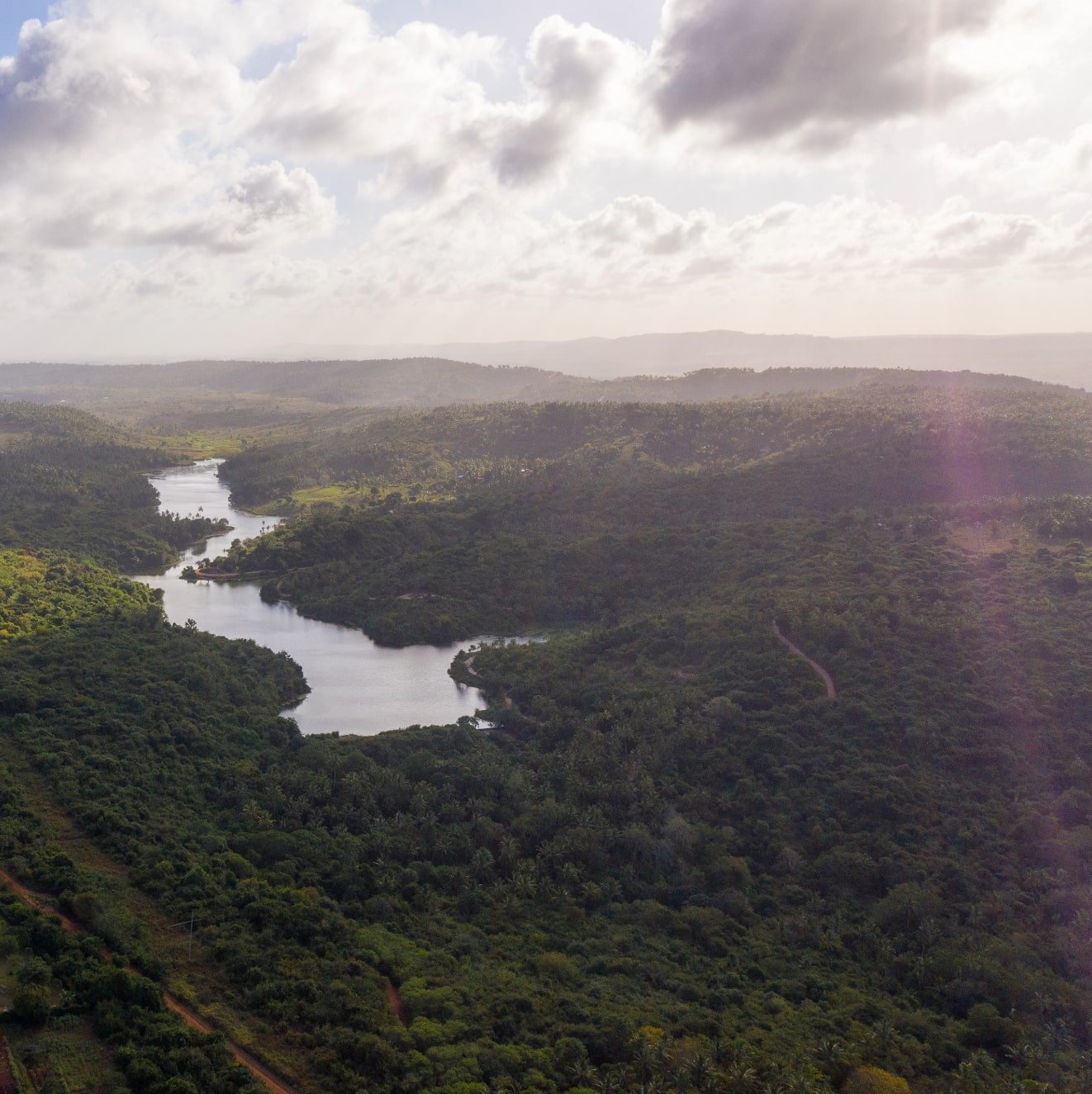
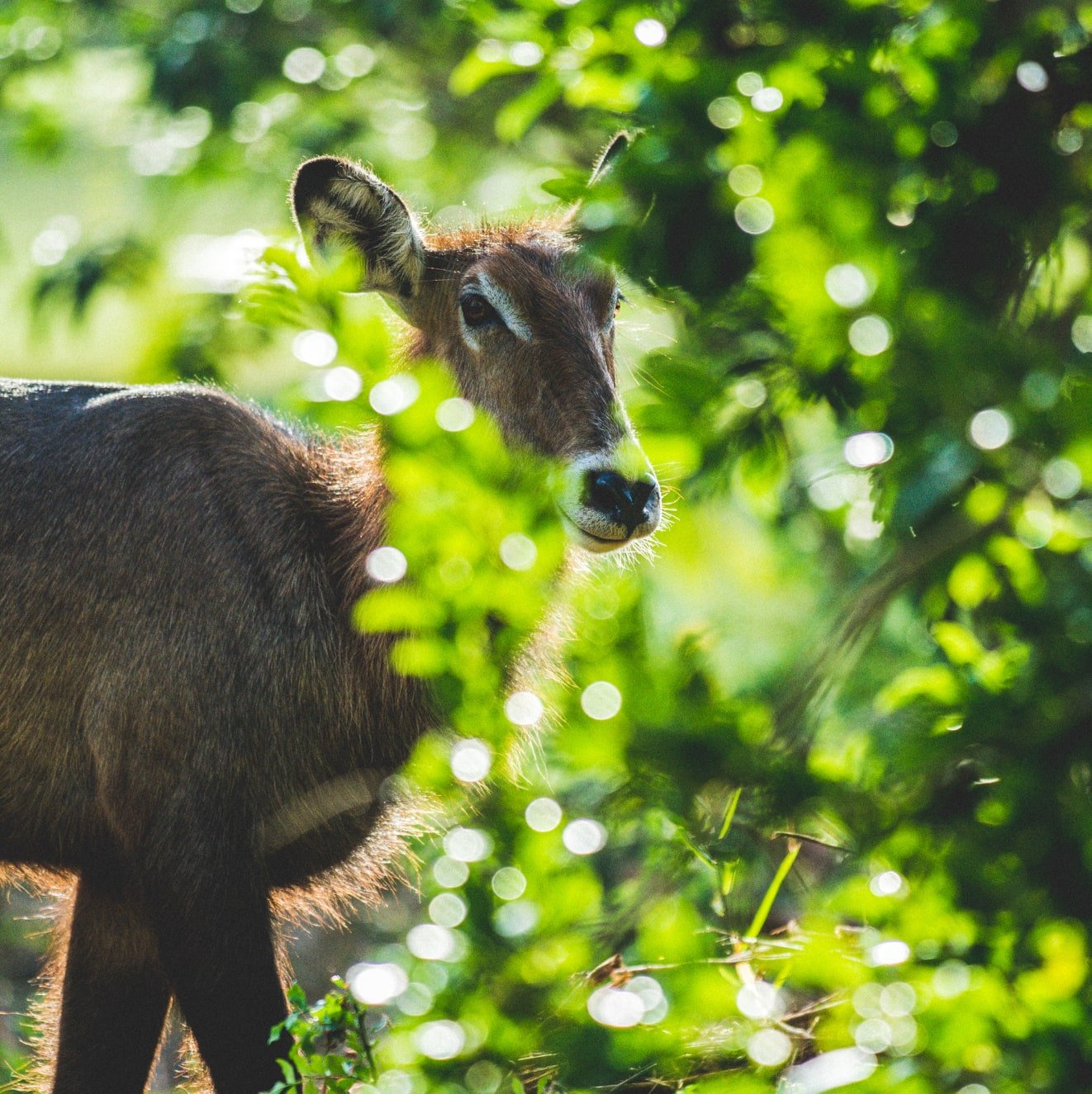
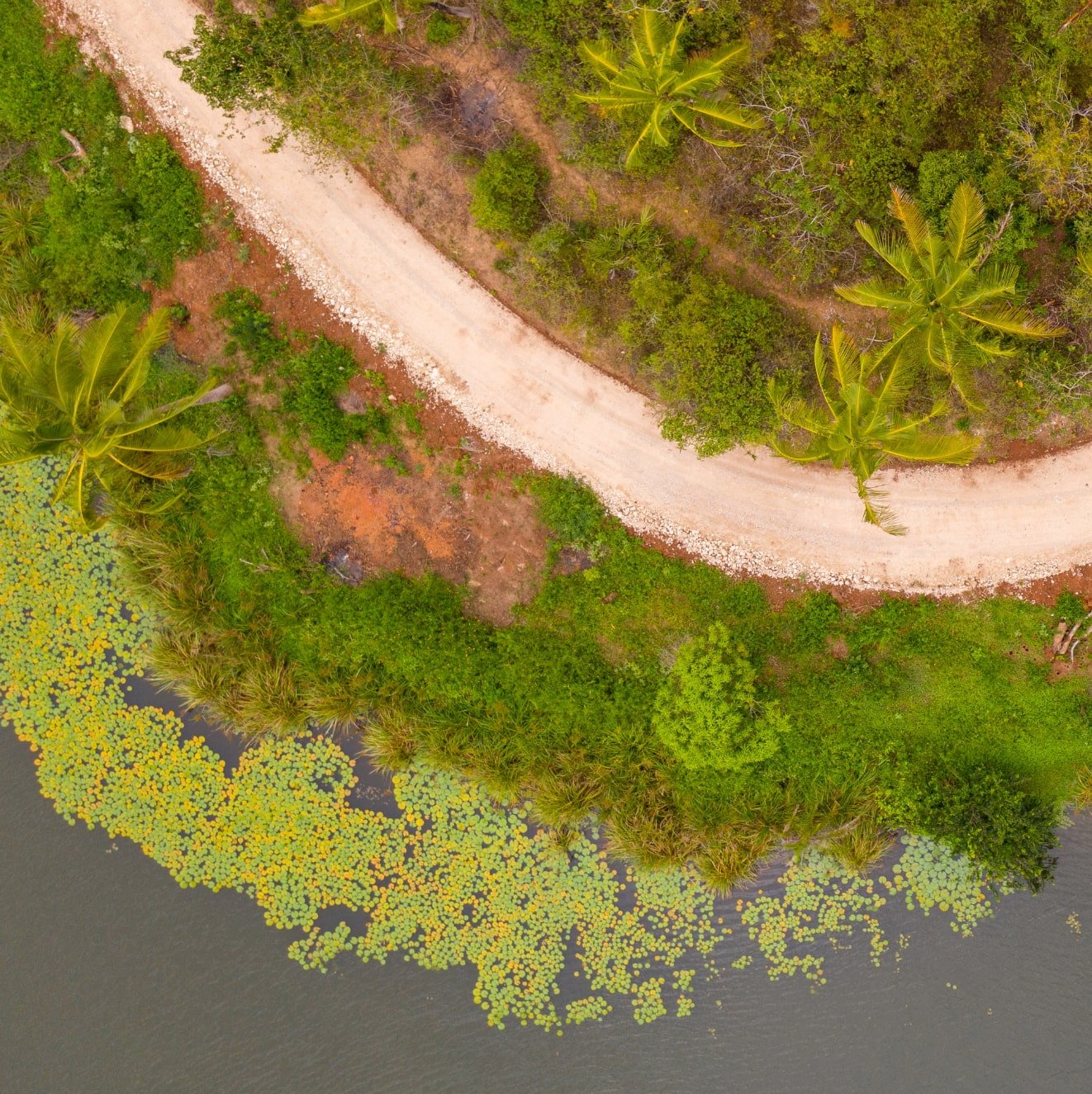
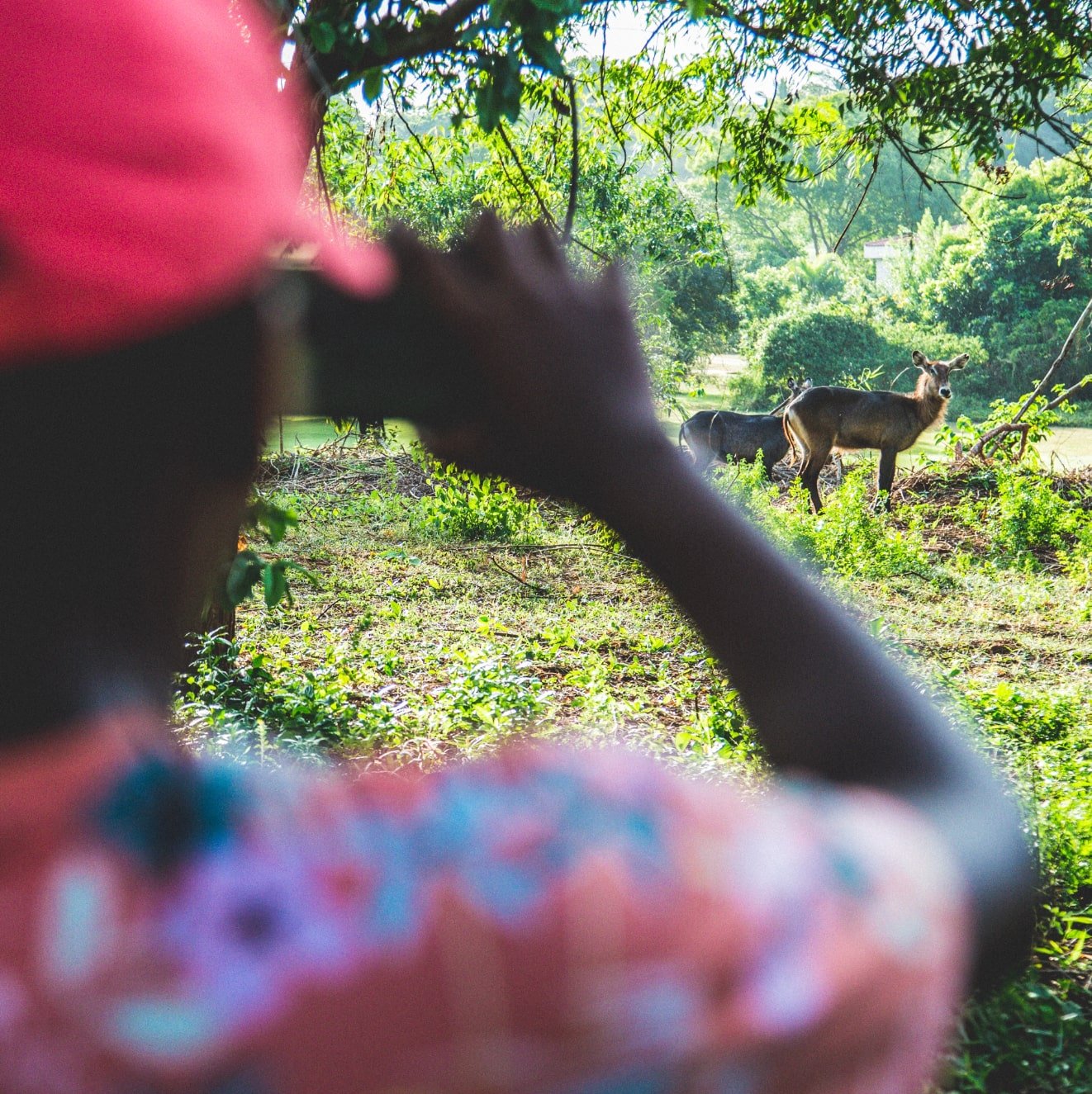
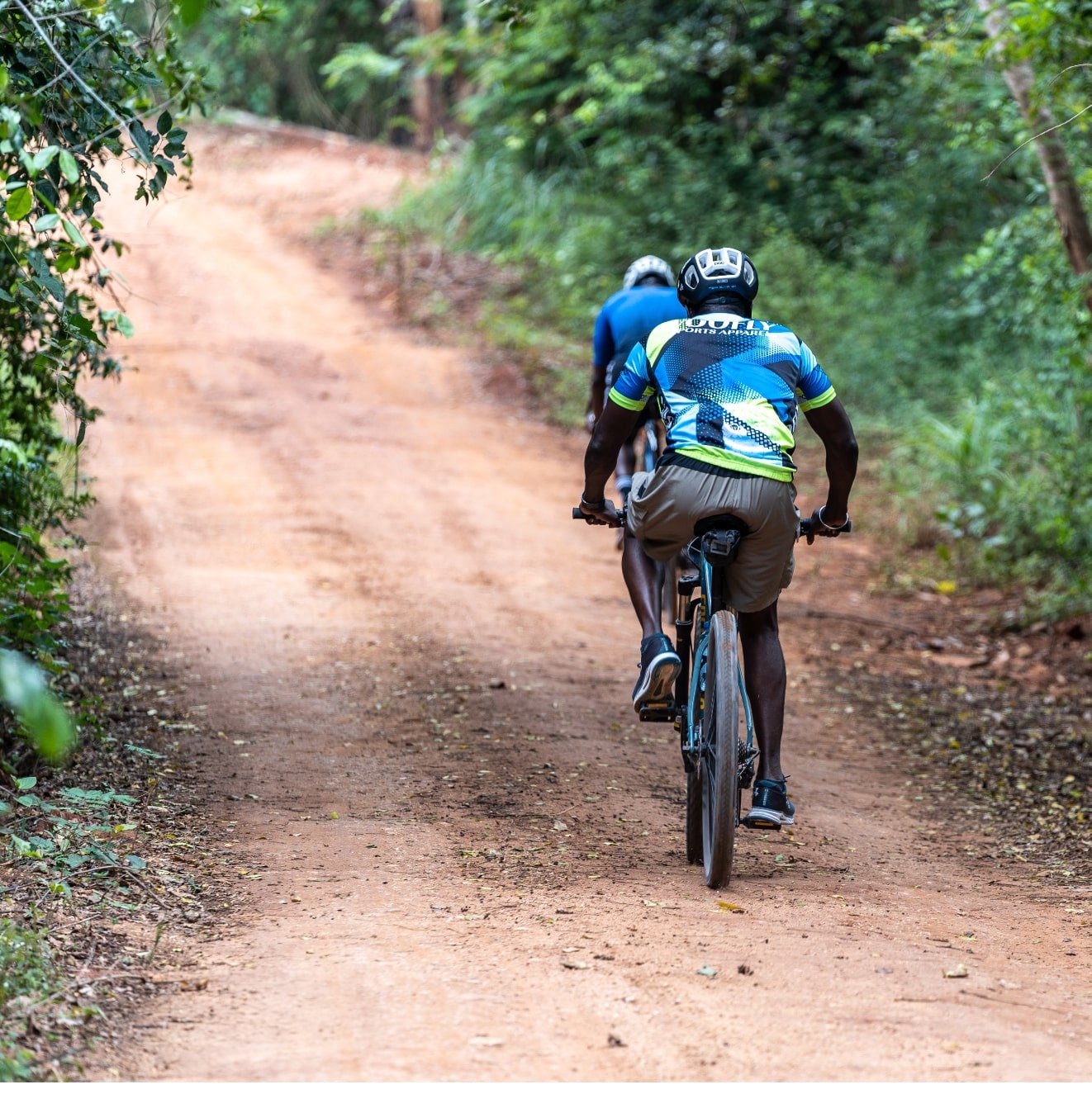
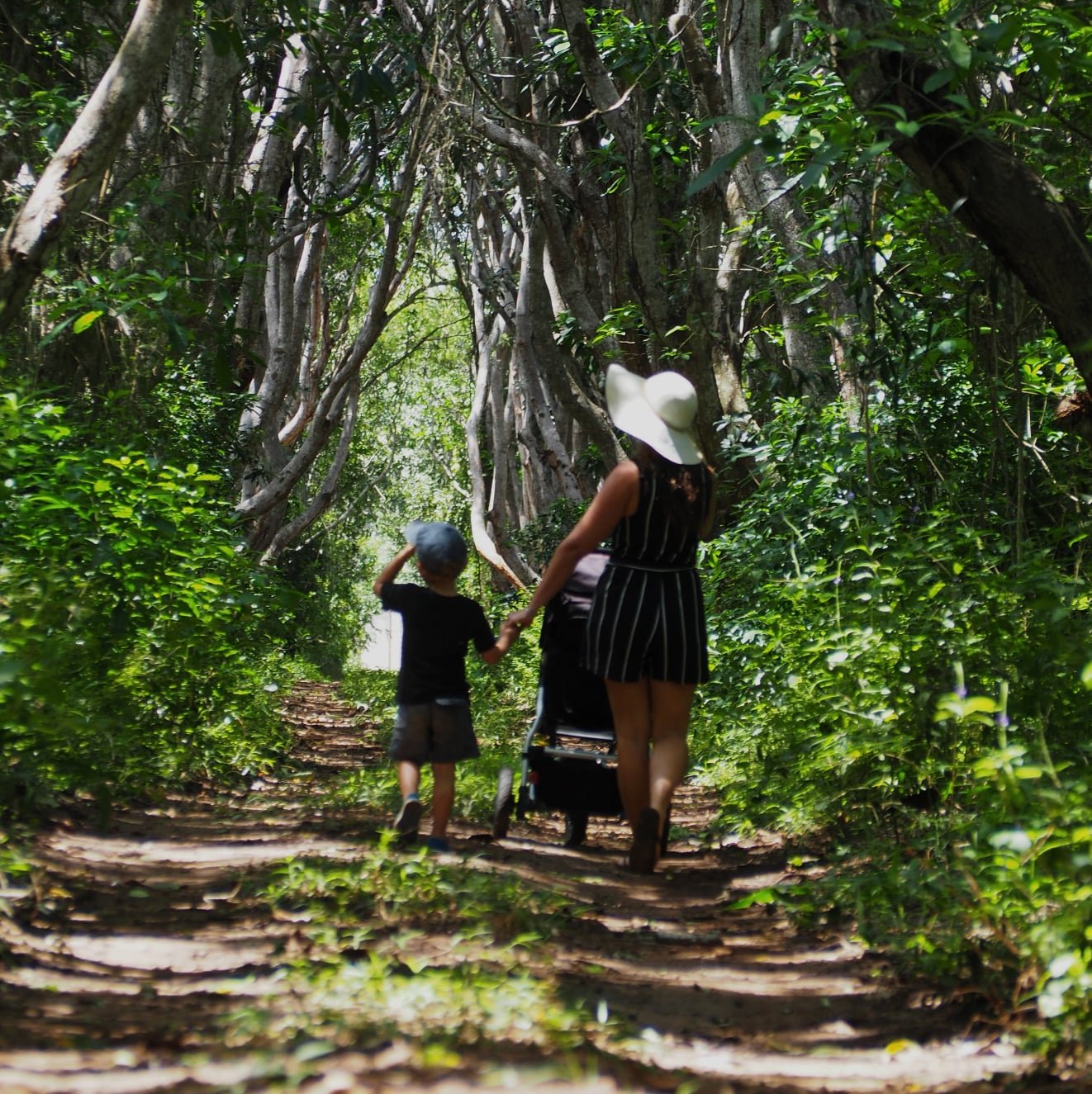

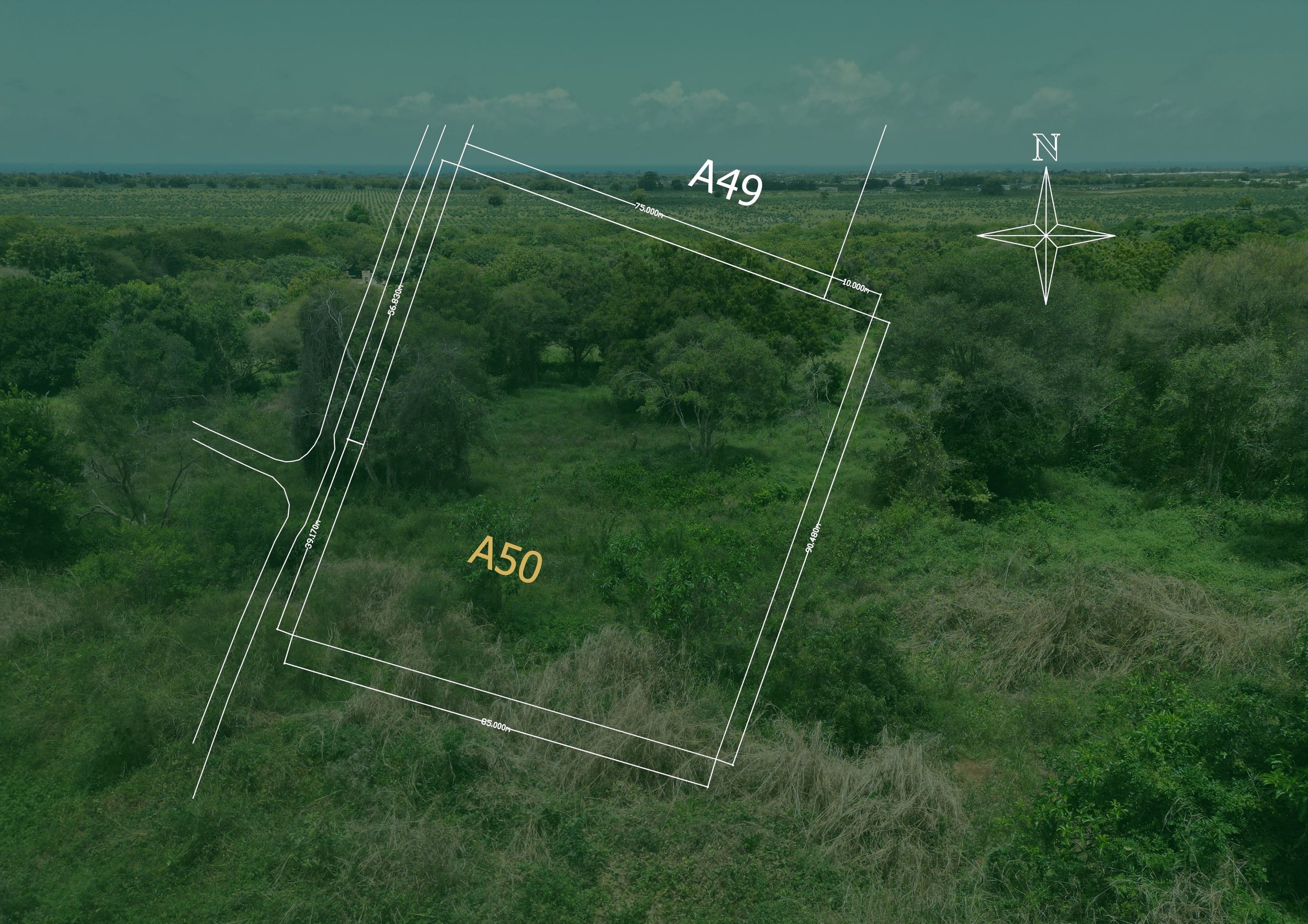
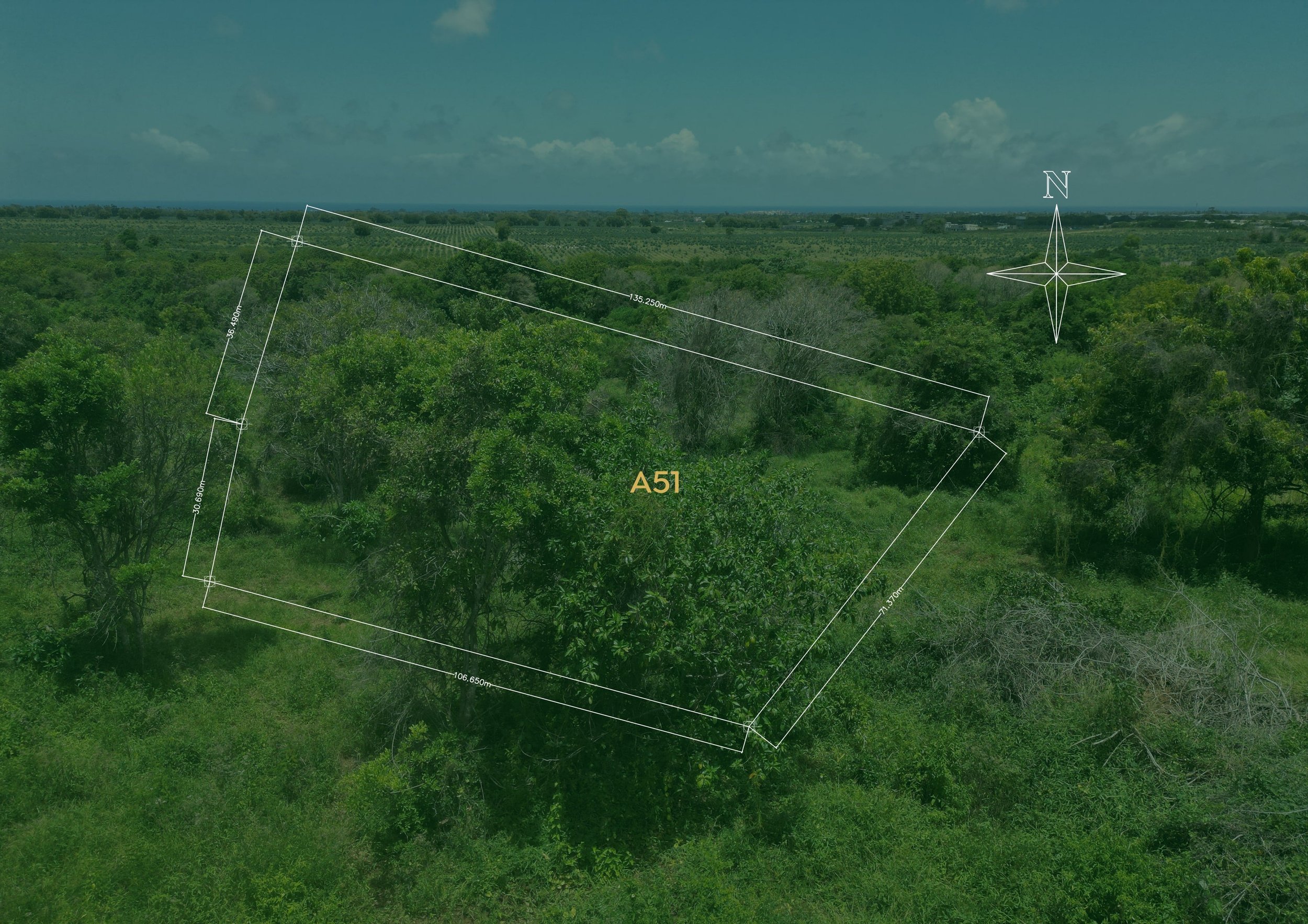



One of the last A Plots at the end of a private cul-de-sac. A49 is 55 metres above sea level with amazing long sunrise views.
Contact our team
+254 700 026 100
sales@vipingoridge.com